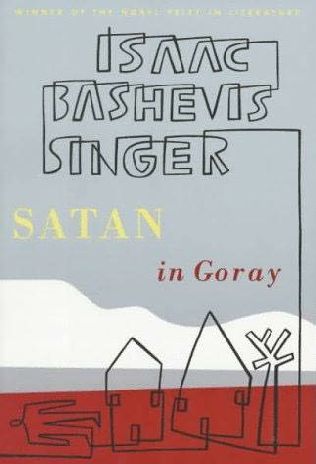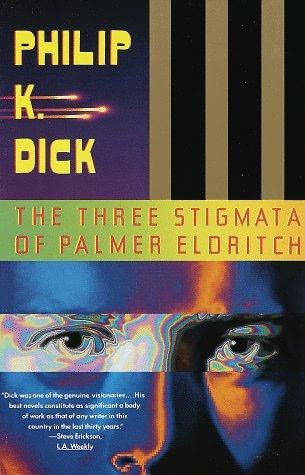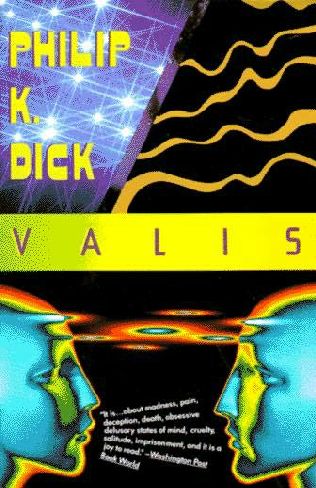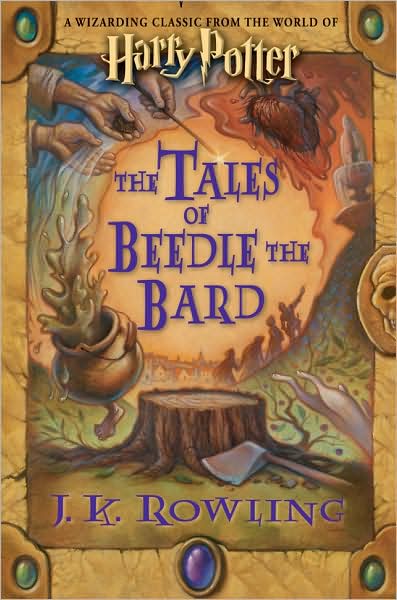Wow... I must say, this review seems a little outdated for many of those who have had the good sense to read Treasure Island in the golden years of their youth... Or at least, those who read it before I did. But, for those who have not read it yet, fear not! It is a book for those of any age, and (if I may say so myself) this is the reason that it has endured for so long.
The story focuses in on Jim, the son of the innkeepers of the "Admiral Benbow", a pleasant inn not unlike any other. The arrival of one particular sailor, who is rowdy and likes drink too much for his good, is the catalyst to the plot. The man, demanding to be called "Captain", has a past wrapped in secrecy, but deathly fears other seafaring men, and when one such a man comes to deliver a dire message, the captain dies from his weak heart. From there, it's all downhill as Jim finds in the man's trunk a most mysterious chart, which tells of the location of fabulous treasure, on a mysterious island far out to sea. He soon, with the respected Doctor Livesie and the bumbling Mr. Trelawney, sets out upon a voyage for this treasure, where he gets more than he bargained for.
The basic plot may seem trite to anyone familiar with Treasure Hunt stories, but, it should be remembered that this book is the one that spawned all the cheap imitations that have become so much more well known today, and may even claim to be inspiration for the popular series "Pirates of the Caribbean". The original is fantastic, and is a thousand times better than any knockoff you can find. It has my highest praise for its comedic scenes, its sorrowful scenes, and even all the confusing sailing terms in between.
In short, to any who have not read this wonderful book, READ IT! To those who have, I recommend that you re-read it, as it is the kind of book that cannot be fully enjoyed the first time through.





























